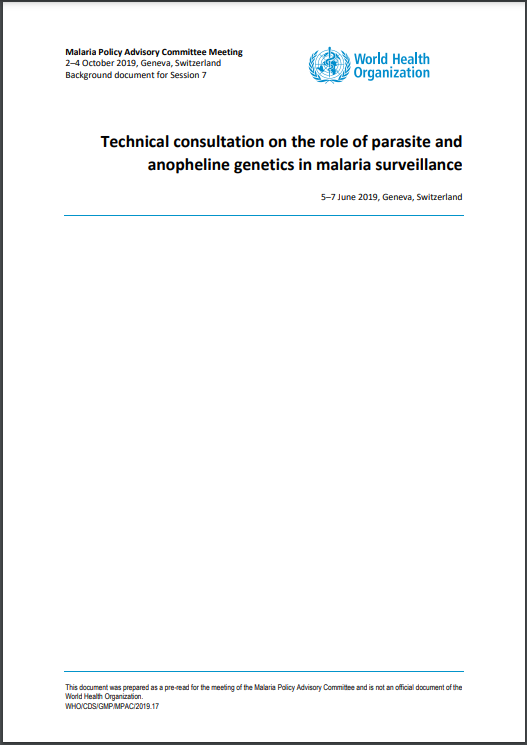Last Updated: 06/11/2024
Establishing genomic surveillance for early warning of antimalarial drug resistance in Bangladesh
Objectives
This research proposal aligns closely with and extends the activities of National Malaria Elimination Programme (NMEP) and leading malaria genomics researchers to establish amplicon-based sequencing as a sustainable, high-throughput molecular surveillance platform to monitor antimalarial drug resistance, transmission dynamics and provide early warning signals to prevent widespread resistance to artemisinin and partner drugs.
International Centre for Diarrheal Diseases Research, Bangladesh
National Malaria Elimination Programme (NMEP) Bangladesh, Bangladesh
Bangladesh has achieved an 80% reduction in malaria cases over the last decade, but these gains are threatened by the rapid spread of Plasmodium falciparum resistance to the frontline artemisinin and partner drugs in the Greater Mekong Subregion (GMS). Over 90% of malaria cases occur in the Chittagong Hill Tracts (CHT) districts, bordering Myanmar. To date, there is no evidence of artemisinin resistance in the CHT; however, large influx of refugees fleeing Myanmar into Bangladesh warrants dedicated surveillance. The National Malarial Elimination Programme (NMEP) currently receives data on antimalarial drug efficacy from clinical surveys; however, the high financial cost and logistical complexities constrain their frequency and ability to detect emerging resistance. The study will generate genomic data on antimalarial drug resistance and parasite genetic relatedness; and establish the capacity for processing the data to inform NMEP with clear intelligence on where to upscale interventions, conduct clinical surveys, and change drug policy.
Oct 2023 — Oct 2028
$997,960


